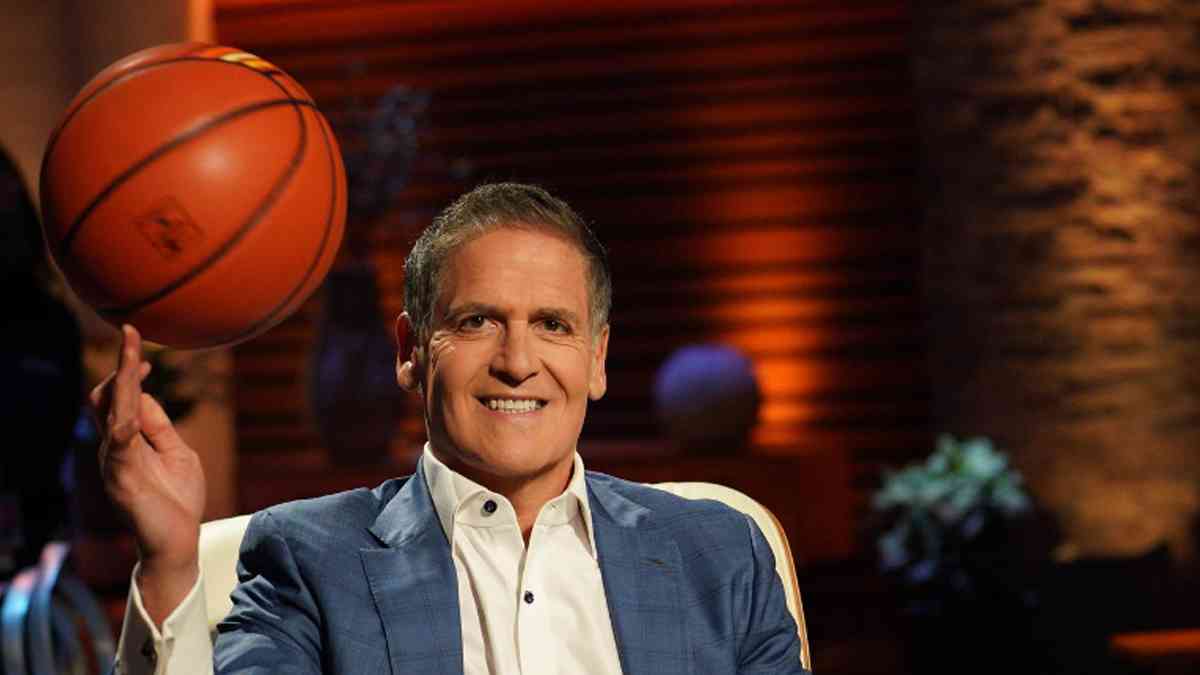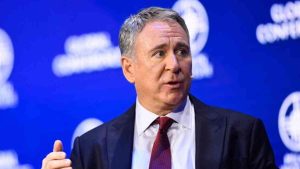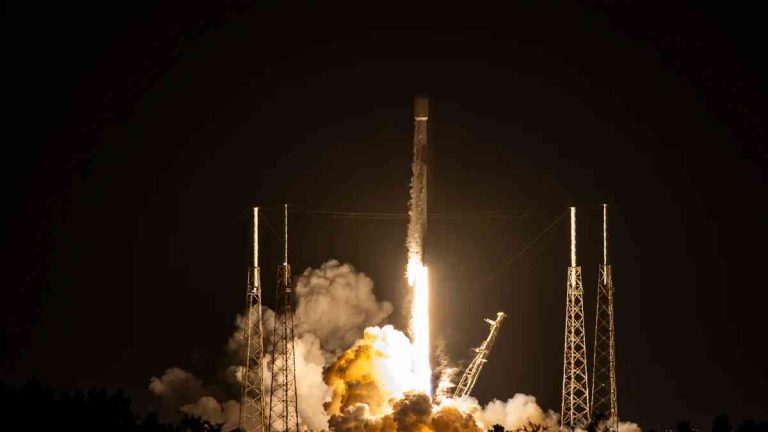Billionaire investor Mark Cuban and other prominent personalities are often in the news due to the prevalence of social media and instant communication. Cuban recently caused a stir with a viral post in which he stated his readiness to employ only on the basis of “race and gender” in order to position his business for success. The limits of diversity, equality, and inclusion (DEI) in the workplace have been the subject of criminal investigations as a result of this statement’s inflammatory rhetoric.
On a specific day, Mark Cuban took to social media to claim his unconventional hiring stance. He stated, “I will rent based totally on ‘race and gender’ if it puts my business ‘within the excellent function to succeed.'” Right away, this bold declaration caught the eye of the general public and caused a deeper analysis of its implications.
Legal Perspectives
In reaction to Mark Cuban’s declaration, the Equal Employment Opportunity Commission (EEOC) respectable Andrea Lucas supplied her perspective on the matter. According to Lucas, “The law’s crystal clean. There’s no legitimate business purpose that justifies discrimination primarily based on race or sex.” She argued that Cuban’s method, in which race and gender are considered as elements in hiring choices, could potentially violate anti-discrimination laws.
Lucas emphasized that even supposing those factors aren’t the only determinants inside the hiring procedure, in the event that they play any function within the selection-making, it constitutes a motivating issue and, consequently, is illegal. This angle increases concerns about the legality of Cuban’s hiring practices.
The Viral Response
Lucas’ comments quickly received traction, and her response to Mark Cuban’s put-up went viral. Cuban, in his protection, clarified that he had “in no way employed absolutely everyone primarily based solely on race, gender, or religion.” However, he maintained that “race and gender” ought to, on occasion, be taken into consideration if it is supposed to improve his business’s possibilities of fulfillment.
This alternative has prompted discussions no longer mainly about the legality of Cuban’s technique but additionally about the broader problem of DEI in the workplace.
Diversity, Equity, and Inclusion (DEI)
The time period DEI encompasses efforts within non-public corporations and academic institutions to the growth illustration of numerous racial and ethnic agencies. Lucas, in her comments, made it clear that there may be no such factor as “excellent race discrimination.” She firmly asserted that every sort of racial discrimination is unacceptable, irrespective of the intentions in the back of them.
She emphasized that DEI tasks should now not be primarily based solely on the general racial makeup of the area people or the complete American population. Instead, they ought to be tailor-made to the unique hard work market for a given task position and the industry in question. This difference highlights the importance of thinking about contextual factors whilst implementing DEI guidelines.
Equity vs. Equality
Lucas similarly delved into the distinction between equity and equality. She pointed out that fairness makes a specialty of achieving unique racial consequences no longer simply equal opportunities. This perspective is rooted in the idea that addressing historical disparities may require centered efforts to stage the playing area.
Lucas clarified, “Equity sounds first-class; it seems like equity, but equity could be very centered on equity of final results, not equality of possibility.” She emphasized that the EEOC’s project is to ensure equal employment opportunities, no longer to assure equitable results. This distinction is crucial in understanding the nuances of DEI initiatives.
Potential Legal Consequences
In light of Andrea Lucas’ insights and the continuing debate surrounding Mark Cuban’s hiring practices, prison analysts have raised issues regarding capacity proceedings in opposition to the billionaire investor. Lucas herself recommended that it would now not be surprising if a legal motion had been taken against Cuban’s alleged hiring practices.
The key issue at hand is whether Cuban’s method, which takes into account race and gender in hiring selections, may be deemed discriminatory below the regulation. While Cuban keeps that his intentions are to advantage his commercial enterprise, prison professionals argue that the regulation is apparent in the prohibition of such practices.
Mark Cuban’s viral assertion has ignited a robust discussion about the boundaries of variety, equity, and inclusion in the place of work. It has also introduced attention to the legal implications of hiring practices that remember factors like race and gender.
As the controversy continues, it remains to be seen whether or not legal action can be taken against Cuba. Regardless of the final results, this controversy serves as a reminder of the significance of expertise in the prison framework surrounding DEI projects and the complexities of attaining both equity and equality inside the body of workers.






















+ There are no comments
Add yours